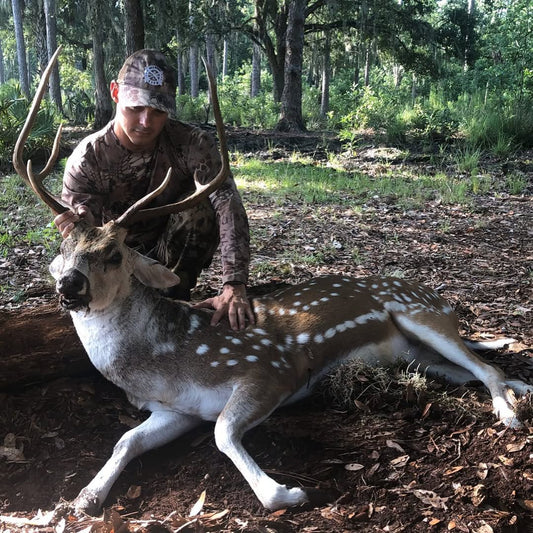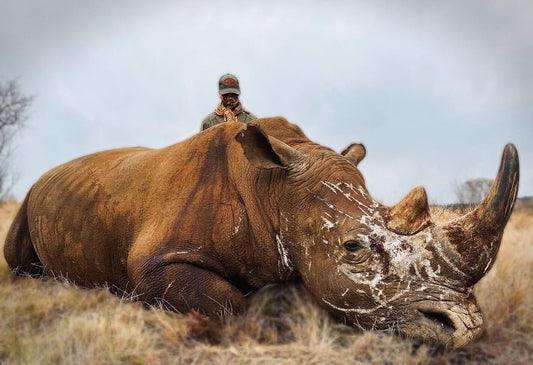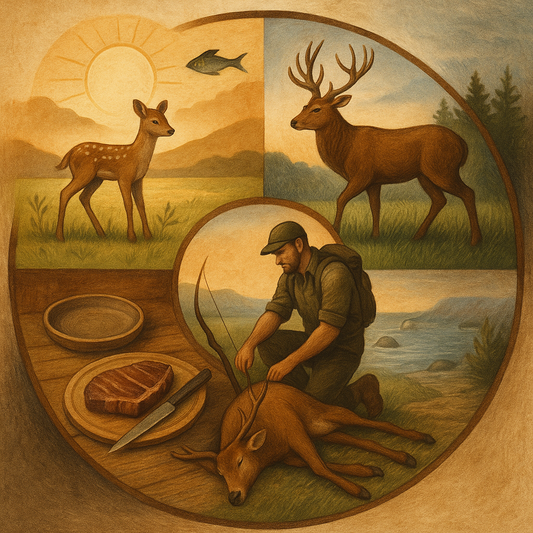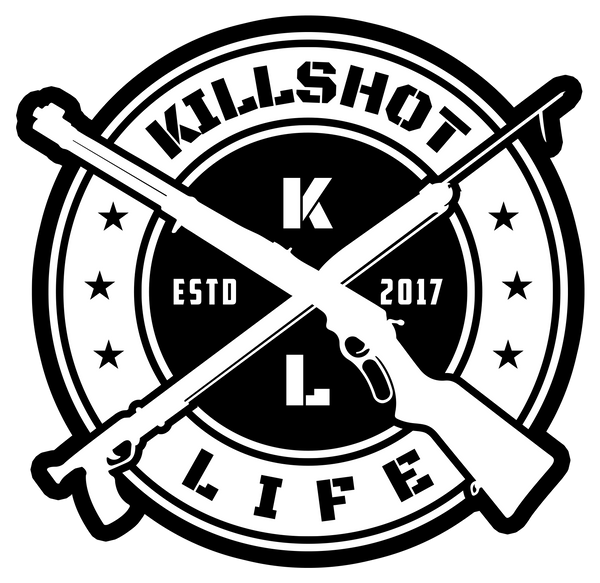The Way of the KILLSHOT

Why Bear Hunting Is a Good Thing for Wildlife, ...
Ethical, regulated hunting of both black bears and brown bears is essential. It helps manage predator numbers, supports habitat health, protects prey populations, and provides a sustainable food source.
Why Bear Hunting Is a Good Thing for Wildlife, ...
Ethical, regulated hunting of both black bears and brown bears is essential. It helps manage predator numbers, supports habitat health, protects prey populations, and provides a sustainable food source.

Why Do Some Elk Antlers Appear Grey While Other...
If you’ve ever been afield, in the woods or on a high-country ridge, you may have noticed something curious: two bulls of the same species, perhaps even in the same...
Why Do Some Elk Antlers Appear Grey While Other...
If you’ve ever been afield, in the woods or on a high-country ridge, you may have noticed something curious: two bulls of the same species, perhaps even in the same...

Hunt Good, Don’t Suck: The Ethos of KILLSHOT Life
Ultimately, “Hunt Good, Don’t Suck” is a culture. It is about more than the individual hunt. It is about setting a higher standard for how we as hunters carry ourselves,...
Hunt Good, Don’t Suck: The Ethos of KILLSHOT Life
Ultimately, “Hunt Good, Don’t Suck” is a culture. It is about more than the individual hunt. It is about setting a higher standard for how we as hunters carry ourselves,...

Predator Control: Key to Healthy Elk and Deer H...
While predators are a natural part of ecosystems, history shows that when left unchecked, wolves and mountain lions can exert crushing pressure on prey herds, leading to population collapses, reduced...
Predator Control: Key to Healthy Elk and Deer H...
While predators are a natural part of ecosystems, history shows that when left unchecked, wolves and mountain lions can exert crushing pressure on prey herds, leading to population collapses, reduced...

Hunting for Conservation: Africa’s Wildlife as ...
One of the most compelling benefits of regulated hunting is that it transforms wildlife from a burden into a valuable resource. When communities and landowners stand to profit from sustainable...
Hunting for Conservation: Africa’s Wildlife as ...
One of the most compelling benefits of regulated hunting is that it transforms wildlife from a burden into a valuable resource. When communities and landowners stand to profit from sustainable...

Life Requires Death: The Honest Reality of Hunting
There’s a truth at the heart of nature, one that many of us in the modern world go to great lengths to ignore. Life requires death. Every creature on this...
Life Requires Death: The Honest Reality of Hunting
There’s a truth at the heart of nature, one that many of us in the modern world go to great lengths to ignore. Life requires death. Every creature on this...
